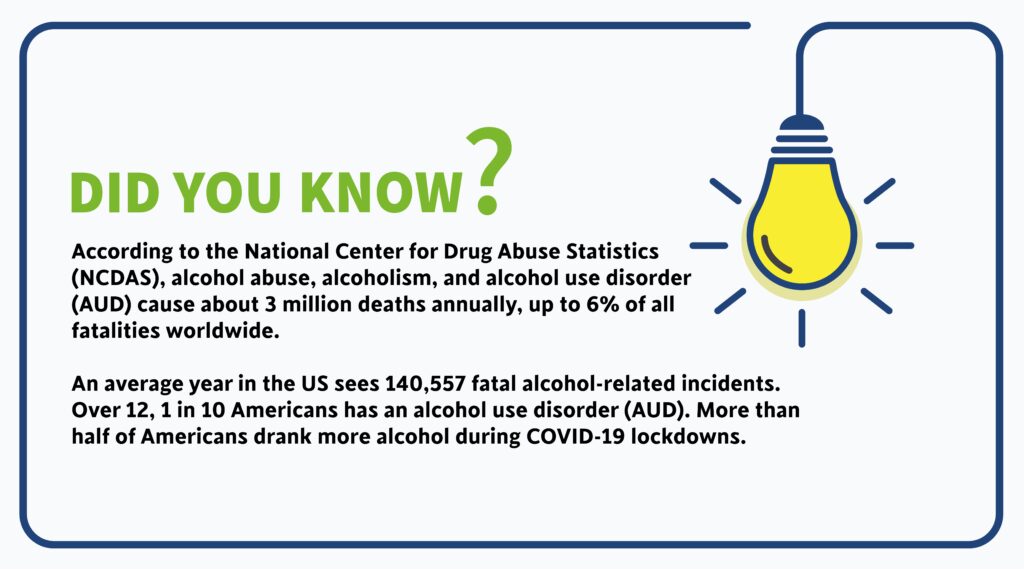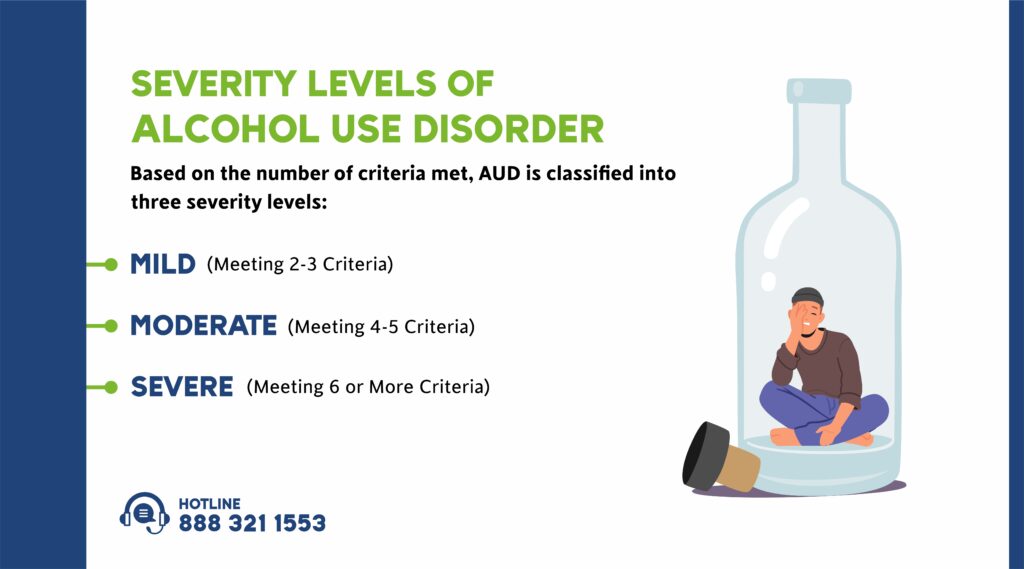Table of Contents
Are you searching for Alcohol Rehab Utah? That’s a start in the right direction for a happy, healthier you. To find the ideal fit for your needs, Utah offers several fantastic rehabs.
First, it’s fantastic that you’re considering going to treatment. A big sign of strength; it takes a lot of courage to take this step. There are several treatment facilities in Utah; Reconnect Recovery Center is one of them, with a unique methodology.
We focus on traditional therapy and other approaches like holistic care or outdoor activities. Utah has stunning scenery, and we all know how healing nature is.
Reconnect Recovery Center is an excellent choice for you if you enjoy alcohol rehab in the great outdoors. Call us right away at (866) 32 115 53.
Why Should You Choose Alcohol Rehab?
Choosing alcohol rehab is a life-changing decision. Here are some common reasons;
- Rehab centers are staffed with experienced professionals
- It provides a structured and controlled
- Medical staff on hand to monitor and manage the detox process.
- Alcohol rehab programs can address individual needs, including therapy and counselling.
- Being surrounded by others who are facing similar challenges can provide a sense of companionship.
- Rehab equips coping with triggers, stress, and cravings, helping to prevent relapse.
- Incorporate holistic therapies such as yoga, meditation, and art therapy.
- A good rehab program will help individuals plan for life after treatment.
Reconnect Recovery Center offers all rehab program types, including
- Inpatient Rehab
- Outpatient Rehab
- Intensive Outpatient Rehab
- And many addiction therapies like cognitive therapy, dialectical behaviour therapy, group therapy, etc.
Want to transform your life with our top-rated alcohol rehab in Utah? From compassionate care to proven therapies, Reach out to us at Contact – Reconnect Recovery Center for your success.
What Is The Alcohol Use Disorder ICD 10?
According to the Journal Of Addiction Medicine, Alcohol Use Disorder (AUD) is an inability to manage alcohol intake despite its harm to one’s health, connections, and daily life. It has a significant impact on a person’s physical, mental, and social well-being that spans a spectrum of symptoms.
The International Classification of Diseases, 10th Edition (ICD-10) assigns the medical diagnostic of alcohol use disorder (AUD) to the code F10.
Due to alcohol use, AUD is listed as a mental and behavioural disorder in the ICD-10. It includes a variety of ailments connected to alcohol consumption, such as alcohol dependence and harmful alcohol use. Depending on their severity and if they are currently complicated, these conditions are further classified into three codes.
- F10.1: Alcohol abuse
This code denotes a pattern of alcohol intake harming one’s health.
- F10.2: Alcohol dependence syndrome
This code is applied when a person displays physiological, behavioural, and cognitive signs that suggest they continue to drink despite severe drug-related issues.
- F10.9: Alcohol consumption, unspecified
This code is used when the F10 category’s precise diagnosis is unknown.
These codes are used by Reconnect Recovery Center healthcare professionals to accurately document and classify cases of AUD for diagnostic and rehab programs. Contact us at (866) 32 115 53.

Symptoms and Criteria for ICD-10 Alcohol Use Disorder
Within a 12-month period, a person must satisfy at least two of the following requirements in order to be diagnosed with AUD:
- Drinking more alcohol than intended: This denotes that the person has lost control of their drinking.
- Ineffective attempts to reduce alcohol consumption: The person continues to drink alcohol despite efforts to cut back or stop.
- Strong desires or cravings to use alcohol: These urges or cravings are frequently brought on by stress or other causes.
- Recurrent alcohol use that makes it difficult to complete everyday tasks: This could involve issues at work or school or ignoring obligations at home because of alcohol usage.
- Drinking while having social or interpersonal issues: involves disagreements with family, friends, or coworkers.
- Giving up significant social, professional, or recreational pursuits: entails giving up past passions and pastimes that were significant or rewarding.
- Recurrent alcohol consumption in physically harmful situations: happens when operating heavy machinery or while driving while intoxicated.
- Tolerance: Alcohol tolerance is the requirement to drink more to get the same or lessened effect from continuing to drink the same amount.
- Withdrawal: Symptoms such as tremors, nausea, sweating, and anxiety occur when the effects of alcohol wear off.
Best Alcohol Rehab For Alcohol Use Disorder: Reconnect Recovery Center
For people recovering from alcohol use disorders, Reconnect Recovery inpatient alcohol rehab Utah offers 24/7 supervised addiction care in a welcoming setting. We are employing a particular set of therapies in inpatient settings following different patient demands, but these will probably fit inside a structured daily plan.
Inpatient alcohol treatment facilities provide a rather intensive approach to treating alcohol addiction because of our strong support system and daily schedule. Severe drug use disorder therapy and inpatient rehab for alcohol misuse involves patients living in an addiction treatment center while receiving a specialized set of therapies.
Patients typically have the choice to ask loved ones to visit them during specific hours of the day while eating and sleeping in the facility of their choice. The most effective inpatient alcohol rehab programs are individually tailored for each patient, using a mix of therapeutic approaches to meet each patient’s unique needs.
Our inpatient treatment method for each patient with ICD 10 alcohol consumption disorder includes
- behavioural therapy
- individual therapy
- cognitive therapy
- involvement in support groups (such as non-12-step programs), and specific medications.
Behavioural therapies administered by trained counsellors or therapists are the main component of behavioural treatments, which aim to change unhealthy drinking habits. Participation in our support group may require attending a non-12-step meeting, such as cognitive therapy.
Members of private groups can get help from their peers who are also overcoming alcoholism or other addictions in support groups.
Experience lasting recovery, healing, and hope at our Utah alcohol rehab. Let us assist you in leading a fulfilling life. Start your makeover immediately by contacting us at (866) 32 115 53.
Let’s Start With Reconnect Recovery Center
Finally, feel free to get in touch and inquire. Reconnect Recovery Center treatment facilities’ staff members are here to support you and want to ensure you’re happy with your decision. So take your time, do your research, and be certain that you are moving forward in a big way. We hope your adventure is successful!
If you or someone you love struggles with drug or alcohol addiction, you’re not alone. Your recovery is possible. Call The Recovery Center today to learn about our inpatient programs located at facilities across the country. Our caring representatives can answer your questions about addiction and the rehab process, and calling is free and confidential.
Inpatient Rehab related topics:
- Alcohol Abuse Statistics [2023]: National + State Data – NCDAS (drugabusestatistics.org)
- SAMHSA Announces National Survey on Drug Use and Health (NSDUH) Results Detailing Mental Illness and Substance Use Levels in 2021 | HHS.gov
- Alcohol Facts and Statistics | National Institute on Alcohol Abuse and Alcoholism (NIAAA) (nih.gov)
- Simultaneous Management of Alcohol Use Disorder and Liver Di…: Journal of Addiction Medicine (lww.com)
Medical Disclaimer
The Reconnect Recovery Center aims to improve the quality of life for people struggling with substance use or mental health disorder with fact-based content about the nature of behavioral health conditions, treatment options and their related outcomes. We publish material that is researched, cited, edited and reviewed by licensed medical professionals. The information we provide is not intended to be a substitute for professional medical advice, diagnosis or treatment. It should not be used in place of the advice of your physician or other qualified healthcare providers.




